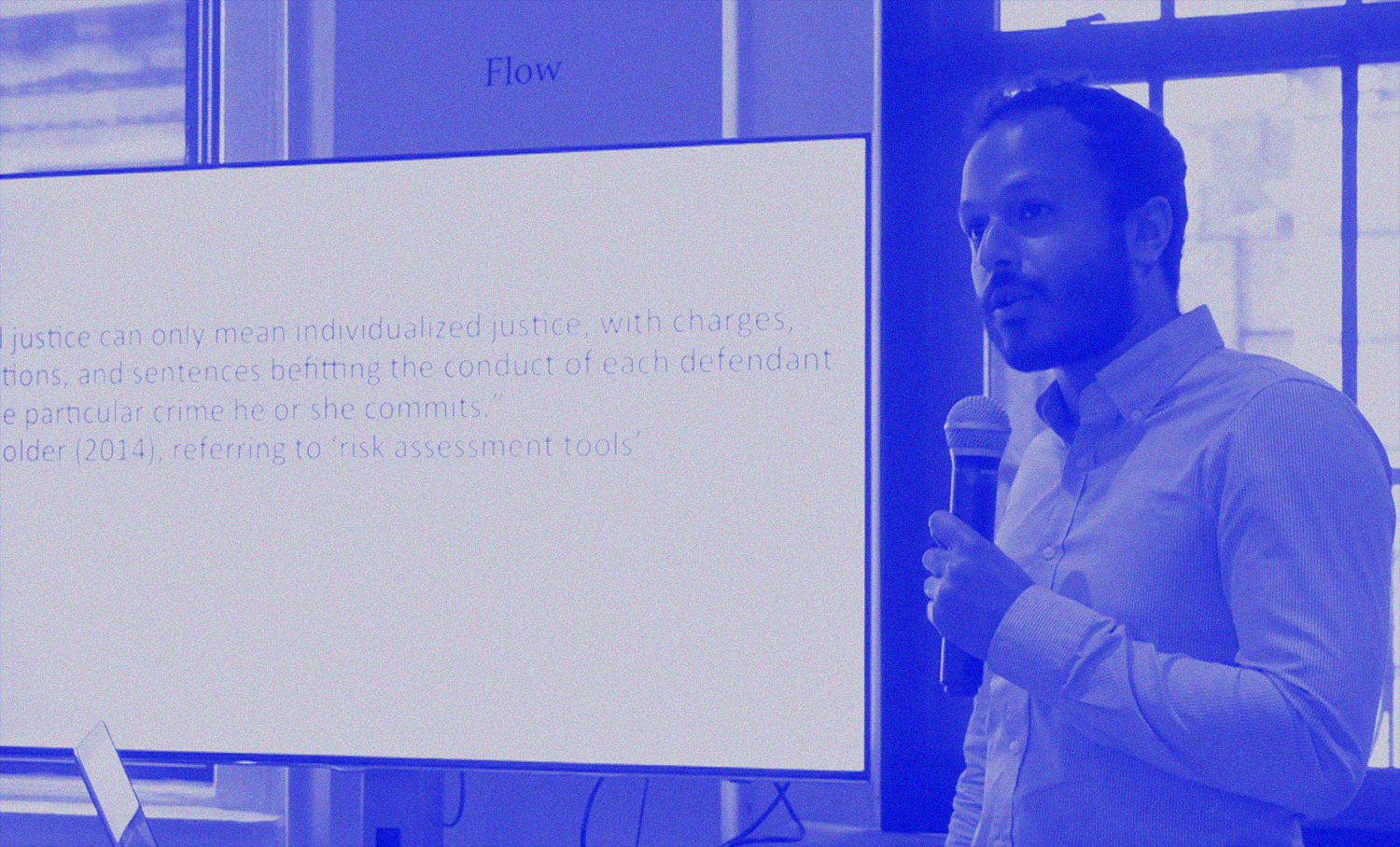Data & Society Fellow Ravi Shroff studies the development and implementation of predictive models for decision making in city and state government. This talk covers Shroff’s research on improving decision making within police departments, courts, and child welfare agencies. For example, how do judges and caseworkers actually use the output of predictive algorithms in their work?
Shroff emphasizes that predictive tools should be used to aid the decision-making of the individual, not to replace it. Accurately understanding the interaction between human decision makers and algorithmic recommendations is “essential to ensure that they function as intended.”
Data & Society’s Fellows Talks is a three-part Databite series showcasing our 2016-2017 fellows cohort. Each talk features 3 fellows speaking about their work, wide-ranging interdisciplinary connections, and a few of the provocative questions that have emerged this year.
Data & Society Executive Director Janet Haven moderates the conversation.
Ravi Shroff is a Research Scientist at New York University’s Center for Urban Science and Progress (CUSP), where he specializes in computational social science. His work involves using statistical and machine learning techniques to understand the criminal justice system, child welfare, and related urban issues. At Data & Society, Ravi examined how simple computational models can be designed and implemented in city government. He studied mathematics at UC San Diego (PhD) and applied urban science and informatics at CUSP (MS).
About Databites
Data & Society’s “Databites” speaker series presents timely conversations about the purpose and power of technology, bridging our interdisciplinary research with broader public conversations about the societal implications of data and automation.


